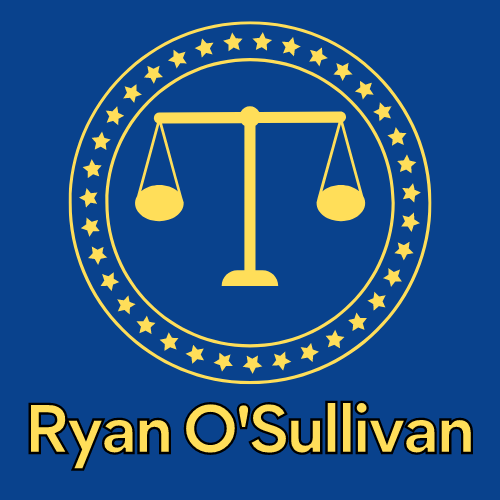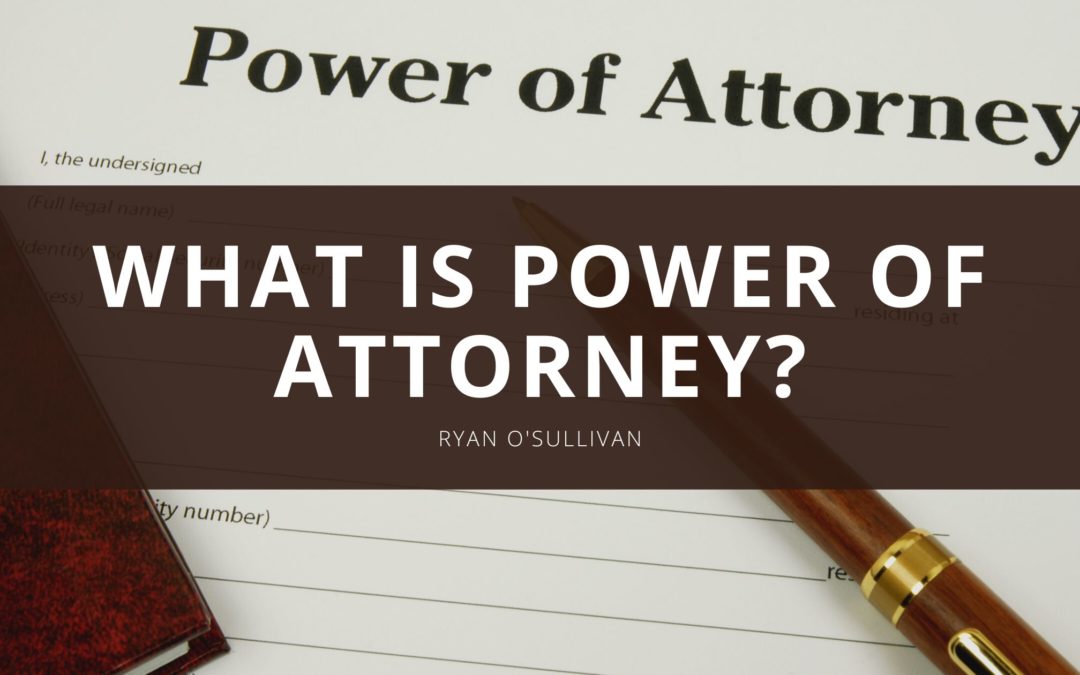When it comes to preparing for the future, there are many different documents and options to consider. For example, most legal experts suggest having a will and designating who in your life has Power of Attorney.
Power of Attorney (POA) is a legal document that grants a specific person power to act in another’s stead. Once the document is official, the person has either broad or limited authority (depending on the type of POA) to make decisions regarding property, finances, and medical care.
How POA Works
In an ideal world, nobody would ever need a POA. Power of Attorney is necessary when somebody becomes permanently ill or otherwise incapable of making decisions. There are various medical reasons why this may occur – and not all of them provide a warning. For this reason, experts recommend having a POA setup before it becomes necessary.
Arranging the POA documents is less complicated than one might imagine. One can either utilize a lawyer or find the documentation online. It is important to remember that both parties must sign the POA documents, or they won’t be valid.
Power of Attorney doesn’t have to be permanent. There are several ways for the POA to end, including the principal revoking the agreement or passing away. If the POA was instated for a married couple, divorce would likely cause an end to the POA.
Health Care Power of Attorney (HCPOA)
When making decisions regarding POA, it is critical to understand that there are two main types to choose from. The first is Health Care Power of Attorney (HCPOA), a health care proxy.
The HCPOA establishes durable power of attorney for health care. In other words, it assigns one person to be in charge of all health and medical decisions, should it be required. An HCPOA only kicks into effect when the principal can no longer decide for themself.
Financial Power of Attorney
Alternatively, there’s Financial Power of Attorney. As the title suggests, a person with Financial POA is responsible for all financial decisions. As with HCPOA, it is expected for the Financial POA to make decisions with the principal’s best interest in mind.
Financial POA grants access to all financial information, including bank accounts. One can sign checks in the principal’s name, make changes to investments, and do anything else that falls under this purview.
There are several subjects of Financial Power of Attorney. These categories include General, Limited, and Durable (DPOA). It’s essential to take the time to research each one before making any decisions.

